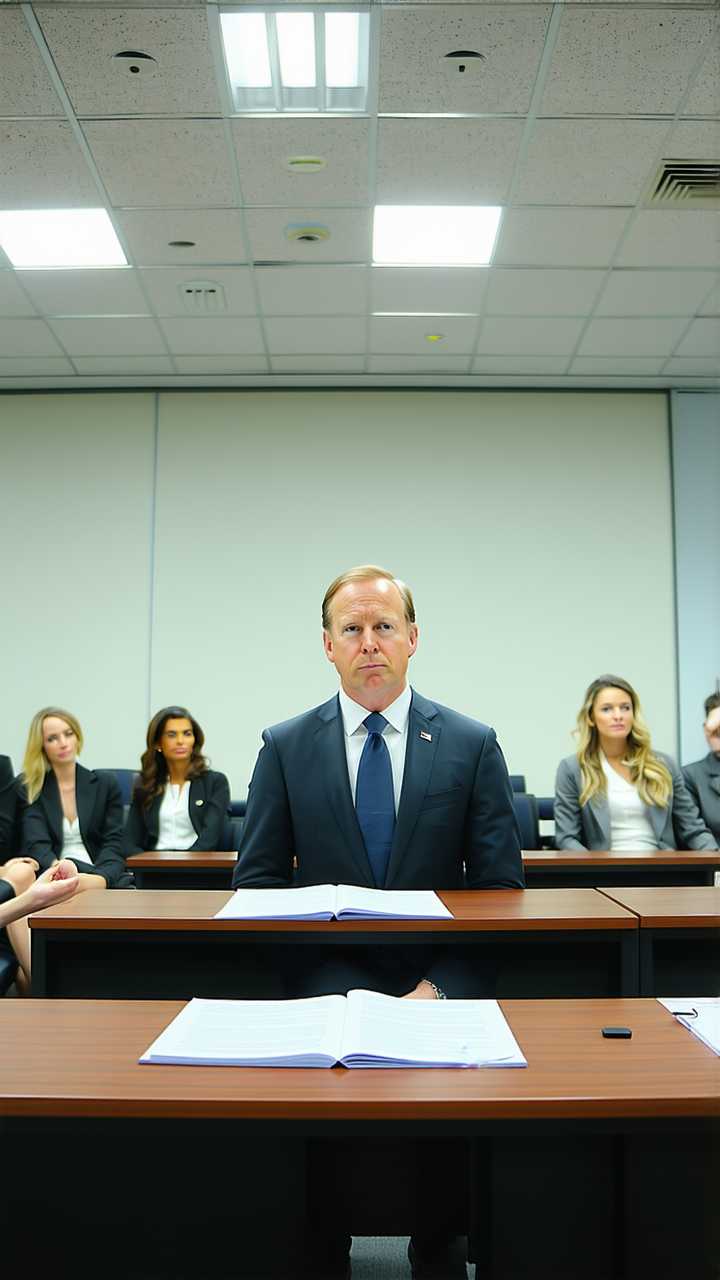Government Proposes Major Overhaul of NCEA School System
Government Proposes Major Overhaul of NCEA School System
Prime Minister Christopher Luxon and Education Minister Erica Stanford have announced a sweeping plan to replace the National Certificate of Educational Achievement (NCEA) with a new qualification system designed to better prepare students for the future.
Under the proposed changes, NCEA Level 1 will be replaced by a foundation literacy and numeracy test, while Levels 2 and 3 will be replaced by the New Zealand Certificate of Education (Year 12) and the New Zealand Advanced Certificate of Education (Year 13). Students will be required to complete five subjects and pass at least four to earn each certificate, with grading on a scale from A to E, clearly marked out of 100.
The reforms are set to be implemented gradually, with the foundation award replacing NCEA Level 1 starting in 2028. The new certificates will be fully in place by 2030, with Year 12 students receiving the New Zealand Certificate of Education in 2029 and Year 13 students receiving the Advanced Certificate the following year.
Education Minister Erica Stanford emphasized that the changes aim to provide a more consistent and clear pathway for students, regardless of whether they are heading for work, trade, or university. 'This is about making sure our national qualification opens doors for every young person,' she said.
The government's decision marks a reversal of the previous administration's 2018/19 plan to retain NCEA Level 1. At the time, the decision was made in response to pressure from schools that saw Level 1 as a stepping stone for students who would not progress further in their studies.
The new system includes a broader focus on vocational training and industry collaboration, ensuring that students gain skills relevant to specific career paths. This is supported by a new national curriculum for Years 9 to 13, which will outline clear learning objectives for each subject and time period.
Public consultation on the proposal will begin next month, with the government having already invested $157.6 million in setup, consultation, and initial development of the NCEA Change Programme from July 2021 to October 2024.
While the new system aims to address inconsistencies in the current NCEA framework, it has also raised concerns. Critics argue that replacing NCEA, which has been a cornerstone of secondary education for many years, could disrupt learning outcomes for students, particularly those in disadvantaged communities.
As the government moves forward with its plan, the education sector and stakeholders will be watching closely, with the outcome likely to shape the future of secondary education in New Zealand for years to come.

